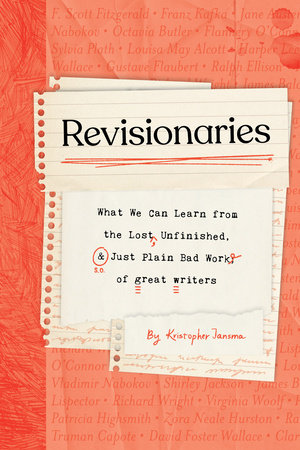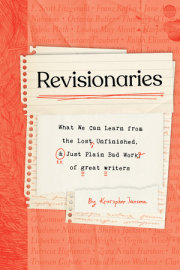Geniuses Write Bad Drafts: F. Scott Fitzgerald
Let me begin by saying that I still believe F. Scott Fitzgerald was a genius. It’s just that now instead of being awed by his “ear” or his “eye,” I’m amazed by the
work he put into developing these abilities. I’m captivated by the author’s relentless planning and outlining, his systematic revising, and his thorough researching. He laboriously constructed systems that would help him produce a brilliant novel, systems that are both fascinating and useful to any writer. His genius was bigger than him alone and did not come from some divine or genetic source.
To get a clearer sense of F. Scott Fitzgerald’s last novel, I wanted to see more than what Bruccoli included in the 1993 reprinting we’d read in school. So I took a trip to Princeton University, where the original manuscript pages of
The Last Tycoon are kept at the Firestone Library, along with the full collection of the associated notes and letters and outlines. These are free for anyone to access after making a request to the special collections librarians—which is remarkable, considering that these literary artifacts are global treasures and irreplaceable. Any of these documents might easily be held in a vault in some billionaire’s mansion, hidden from view like an auctioned Vermeer or Van Gogh. If you peruse the books and manuscripts department at Sotheby’s you’ll find similar items priced there at tens of thousands of dollars.
And at the archive you aren’t admiring these works through a glass plate—no, you can
touch (albeit gently) the
actual pieces of paper that F. Scott Fitzgerald held in his hands, perhaps on the very day of his death. They are there to be studied, to allow us to get closer than ever to the genius himself.
Box 27 contains the actual manuscript of
The Last Tycoon.
Inside it are five folders. The first contains a corrected typescript, covered in margin notes and copy edits. Folders 2, 3, and 4 contain hundreds of papers, everything from first draft pages written in longhand to typed-up versions of these pages that are heavily edited. In more than one case there is a note from Fitzgerald to keep only the parts underlined in red crayon, which leaves single lines, often only certain phrases, and very rarely an entire paragraph. “Unpleasant as hell except the end,” he writes to himself. “Break up. Copy the red.” On one page he simply notes in the margin, “all awful.”
But was it so awful? Or was it just not yet great? To understand the whole story, we must rewind to the catastrophes preceding the final year of F. Scott Fitzgerald’s life, and the way this novel almost saved him.
Copyright © 2024 by Kristopher Jansma. All rights reserved. No part of this excerpt may be reproduced or reprinted without permission in writing from the publisher.




